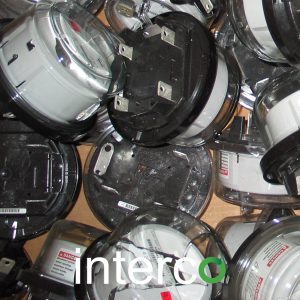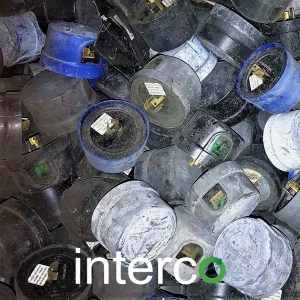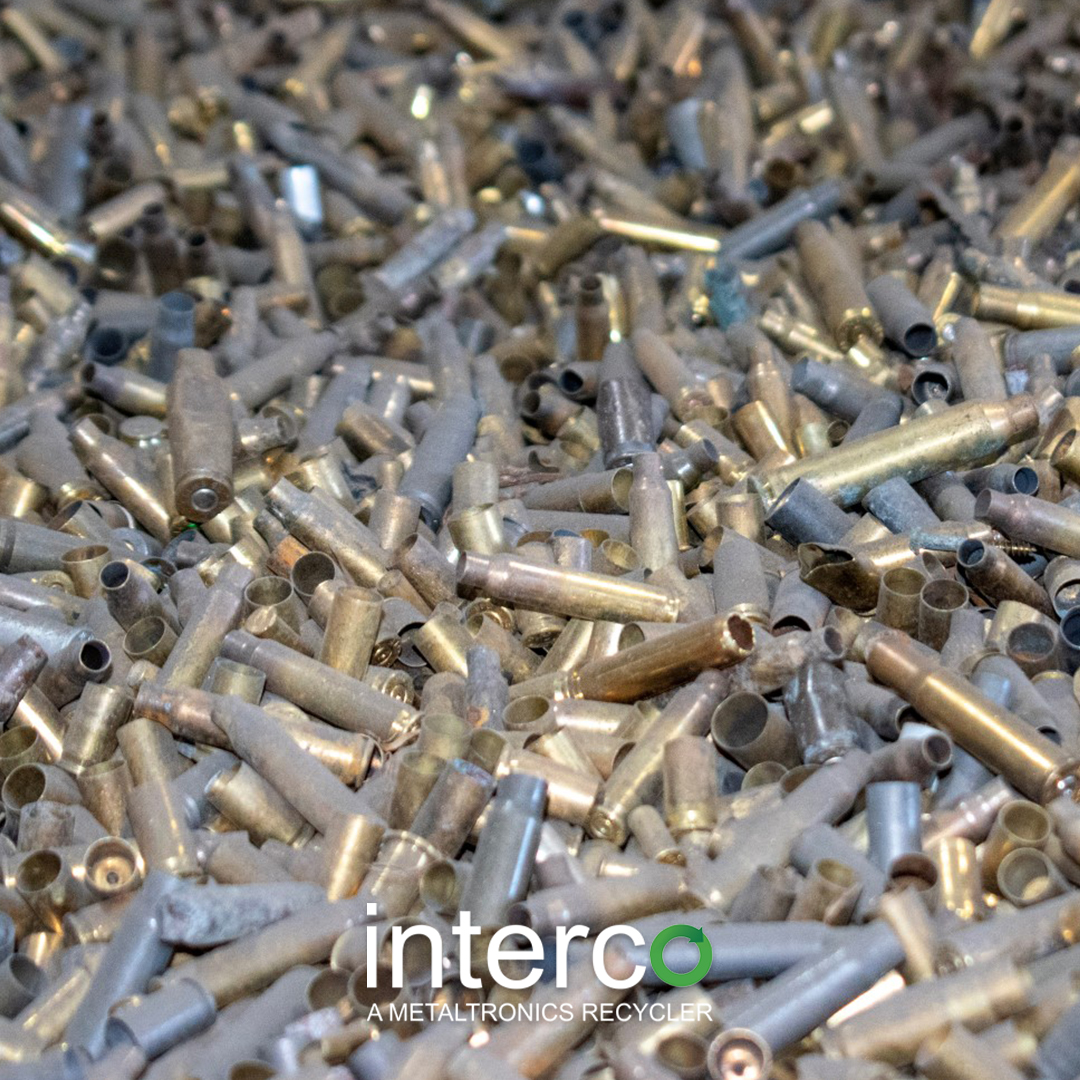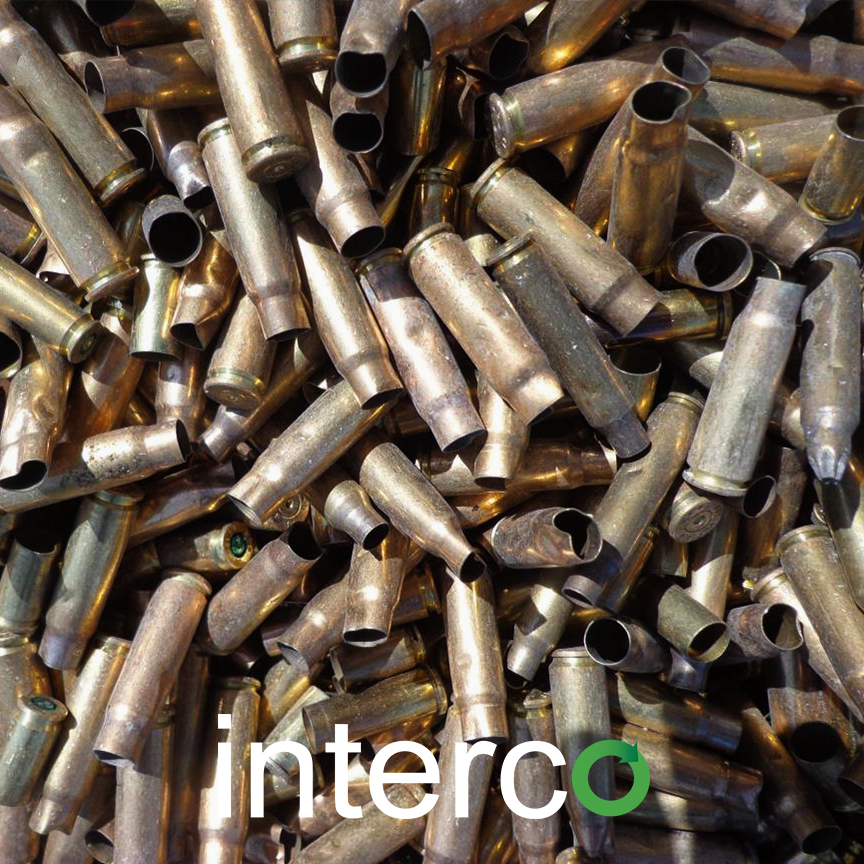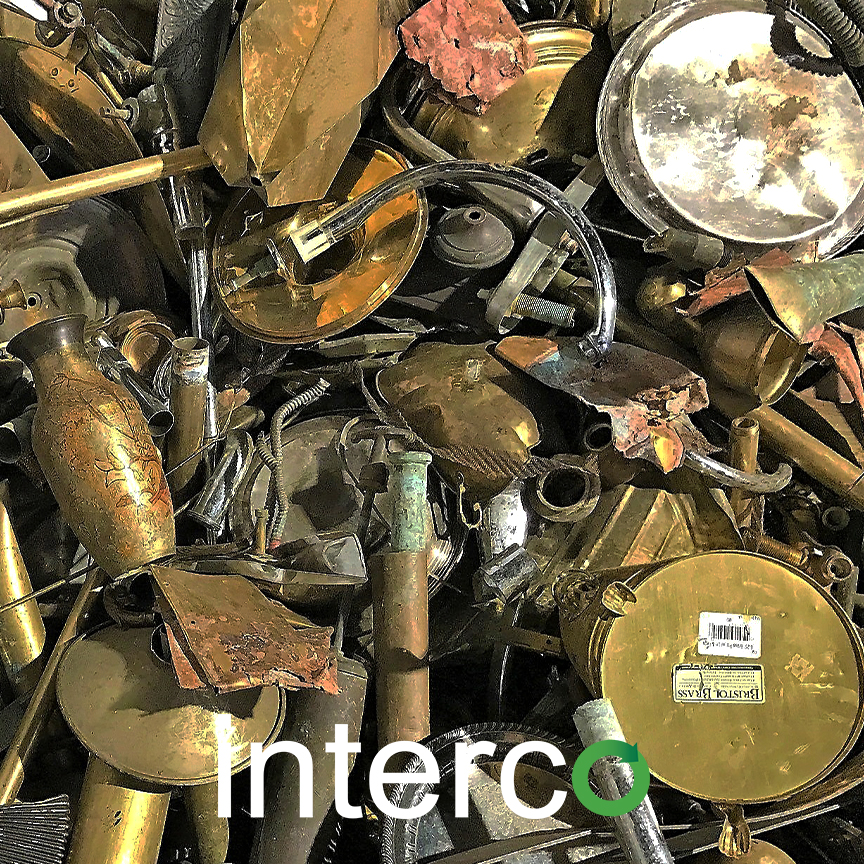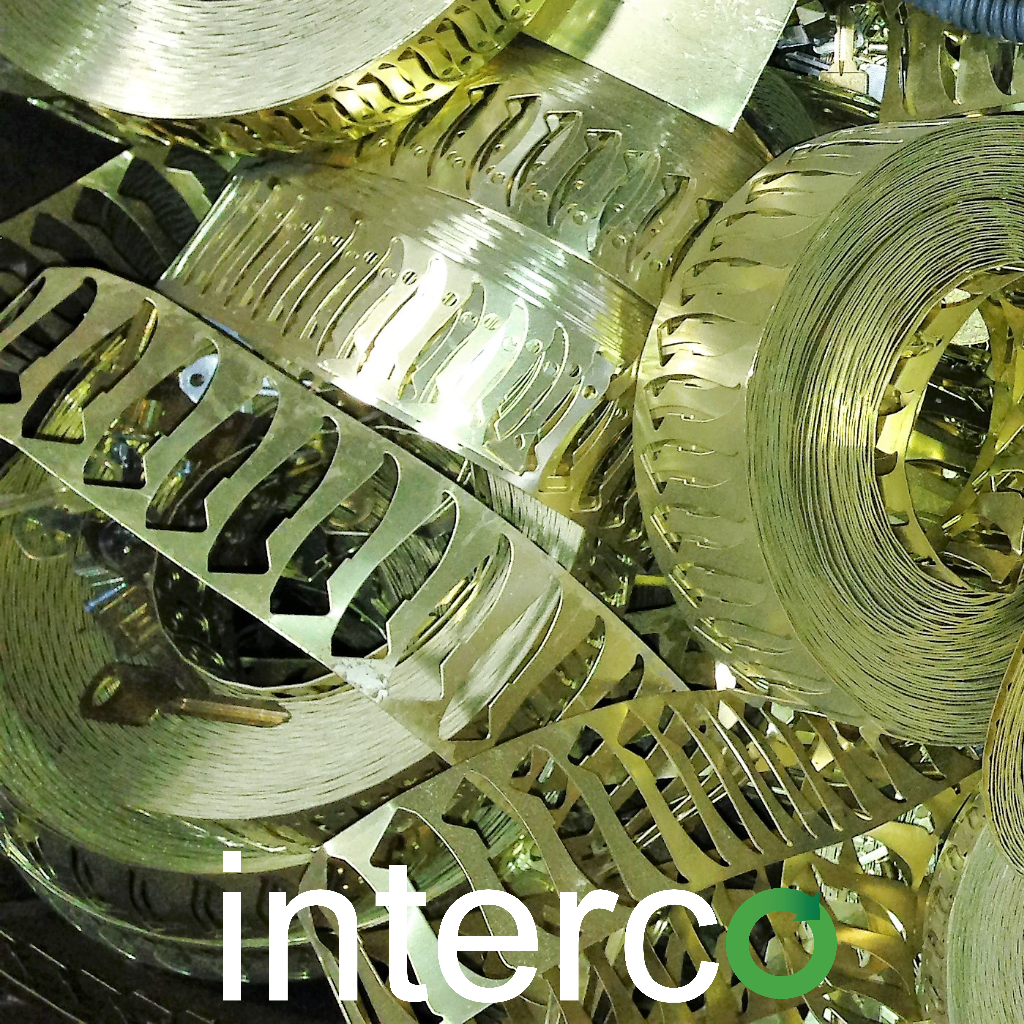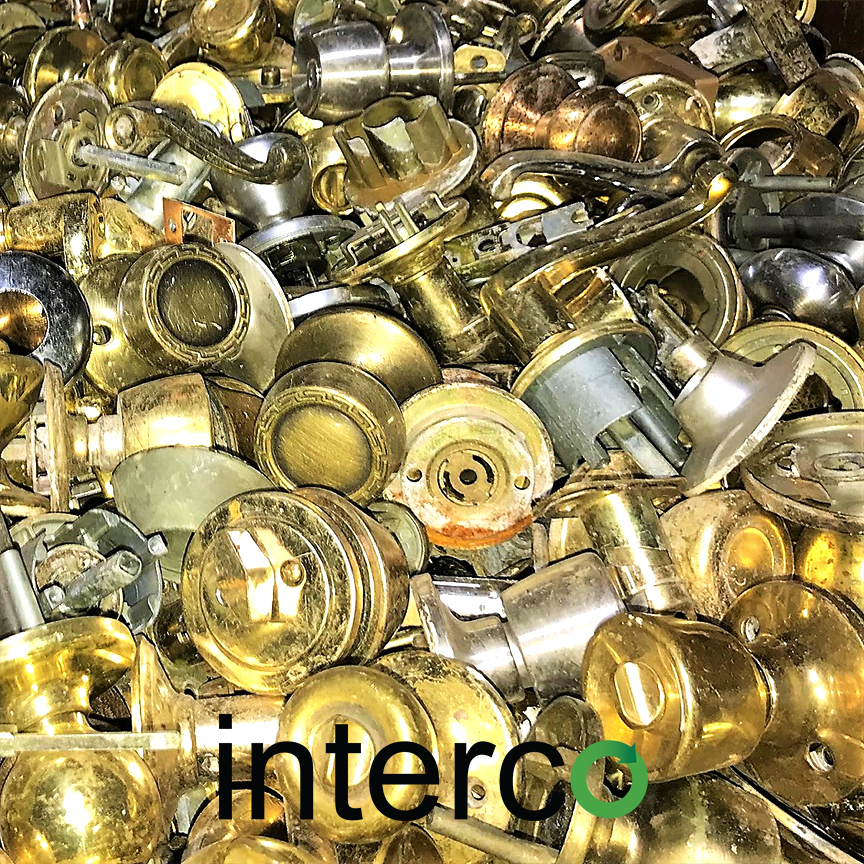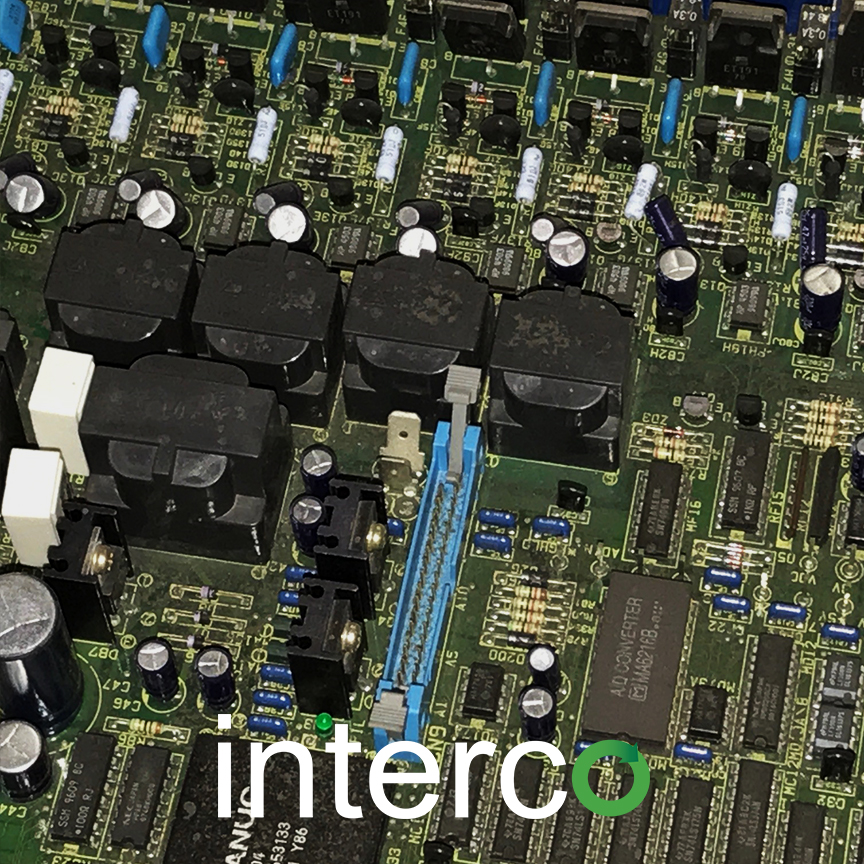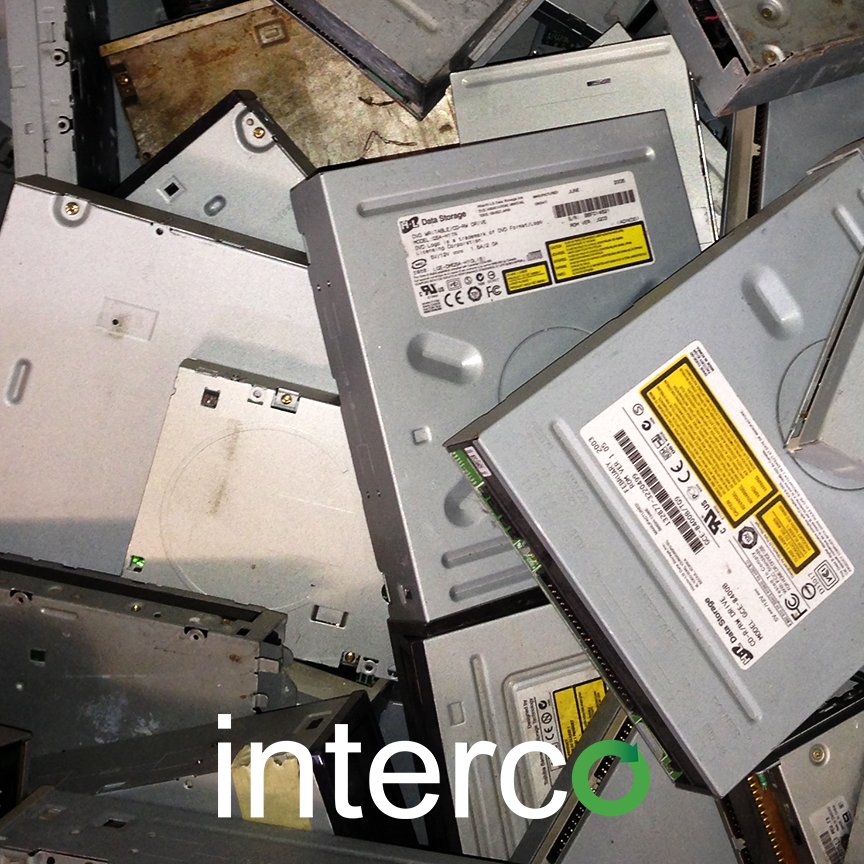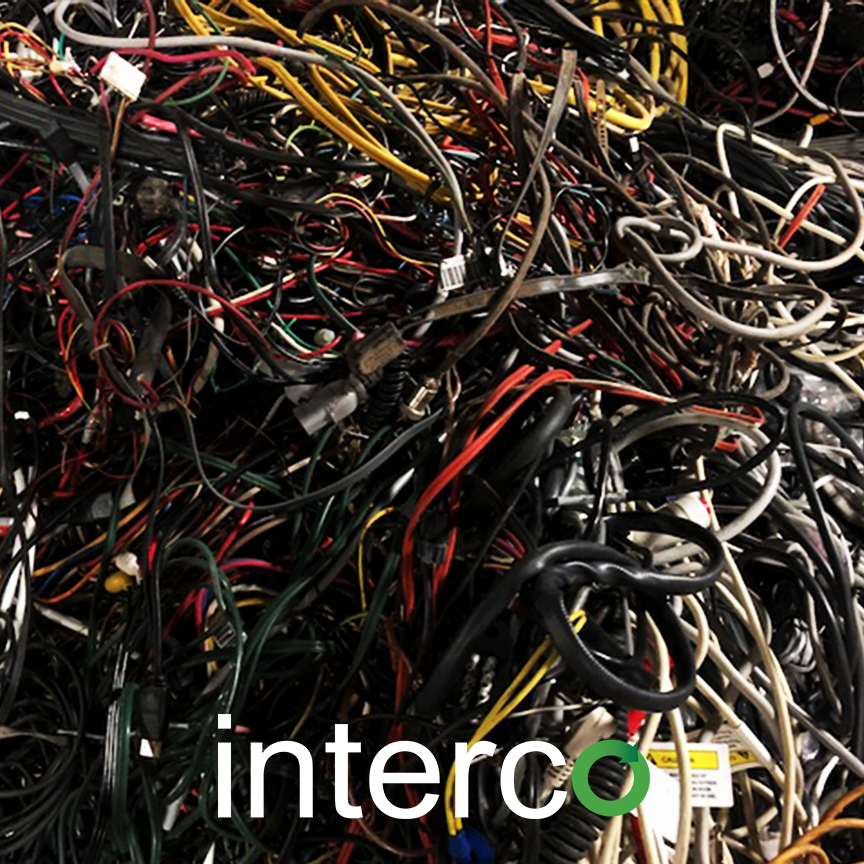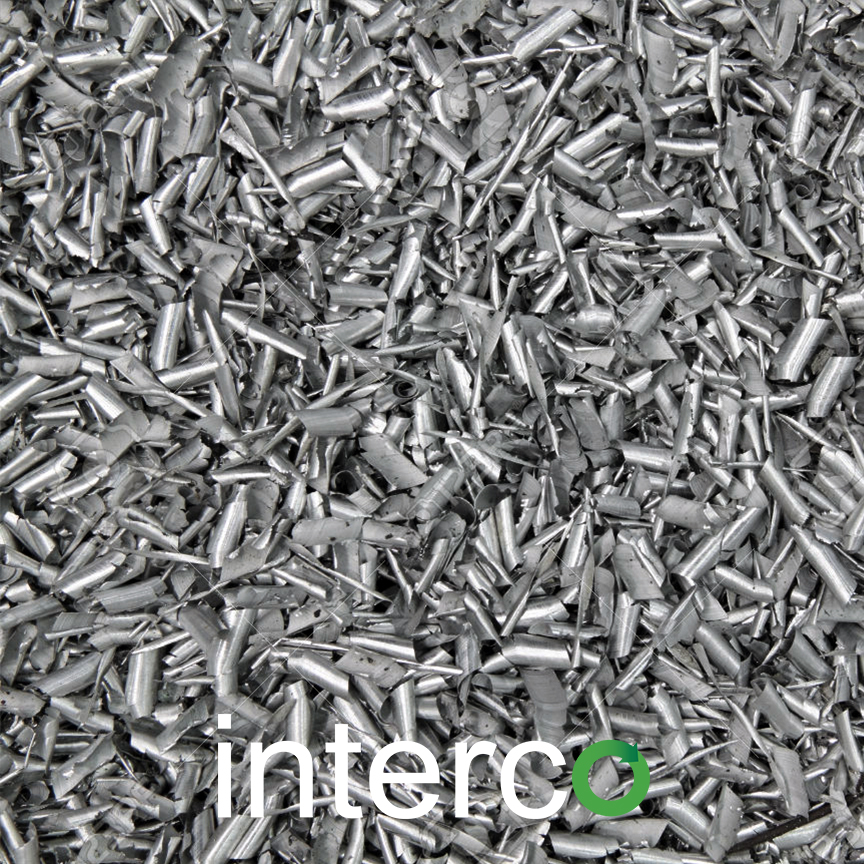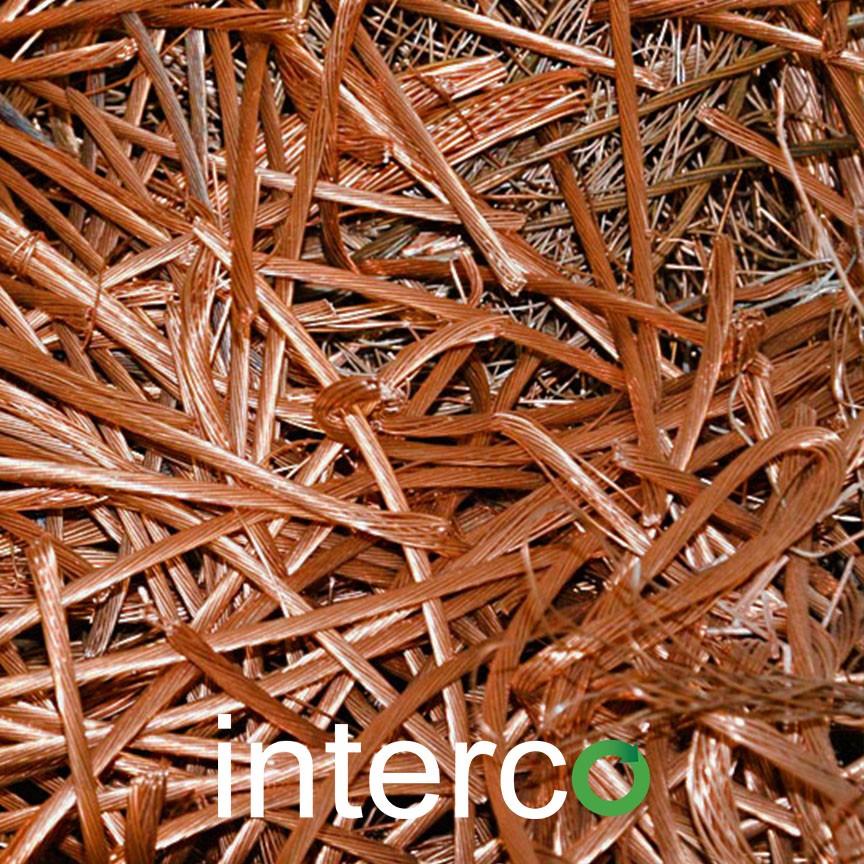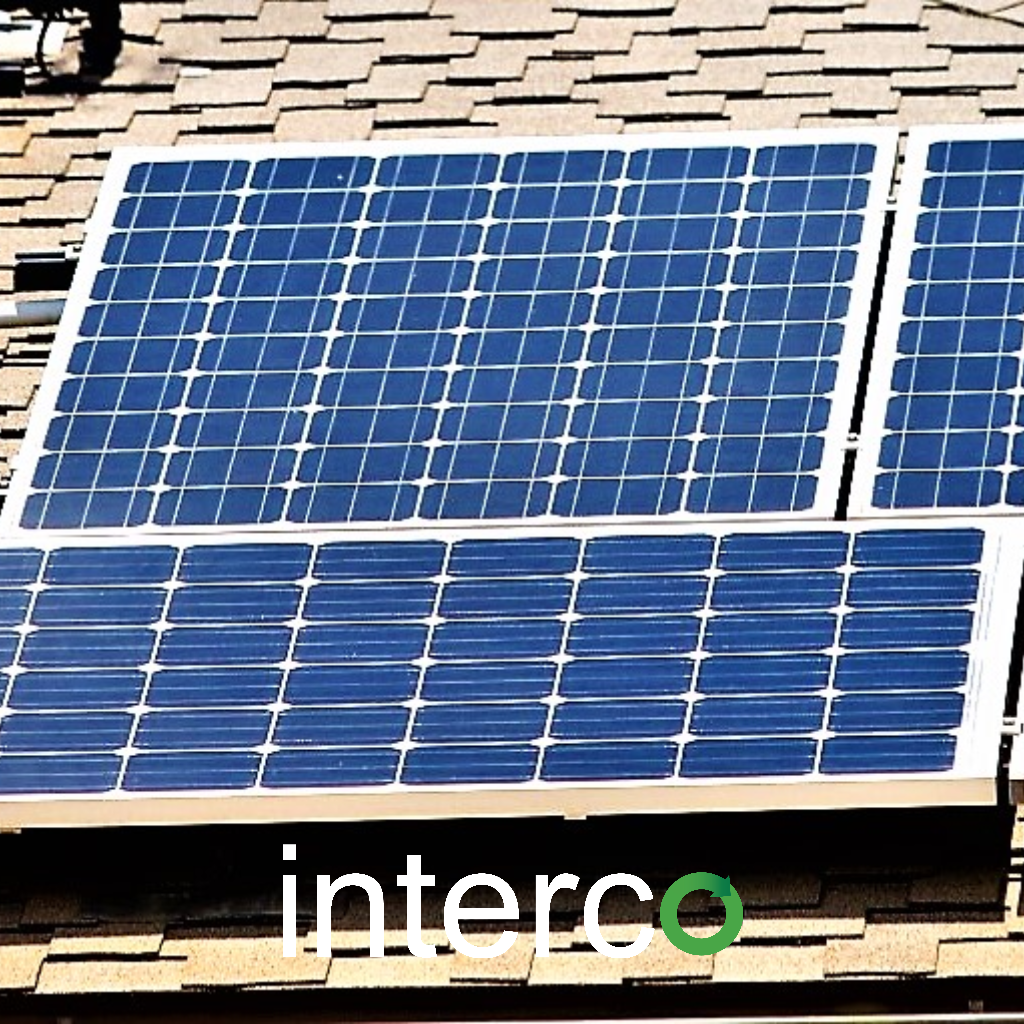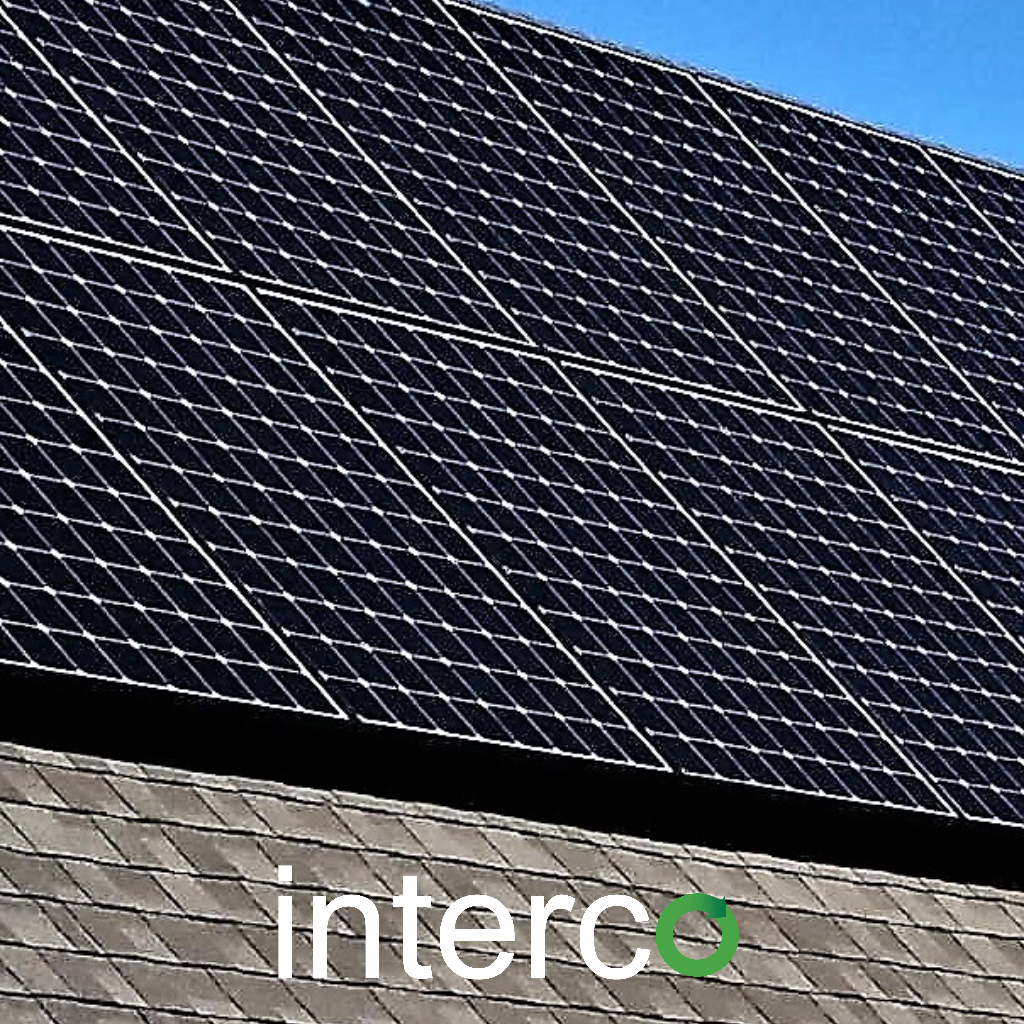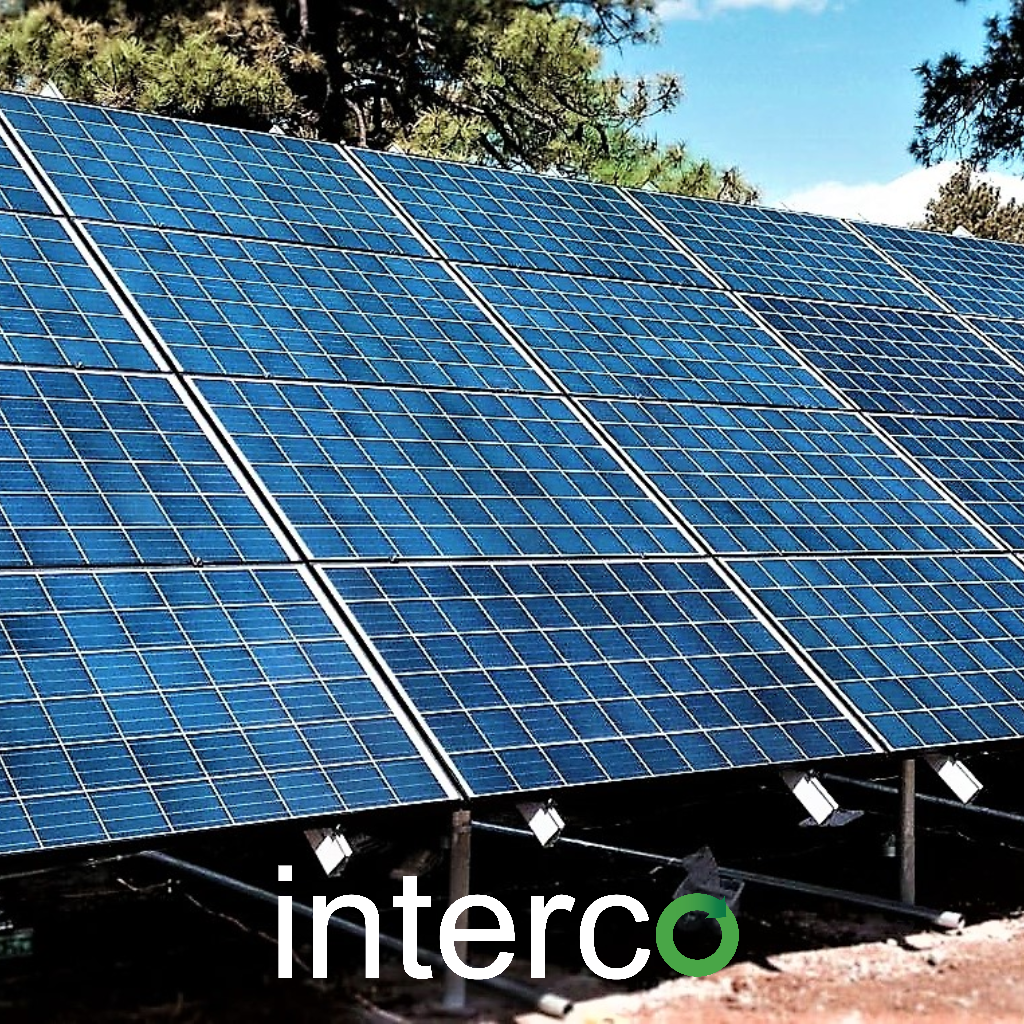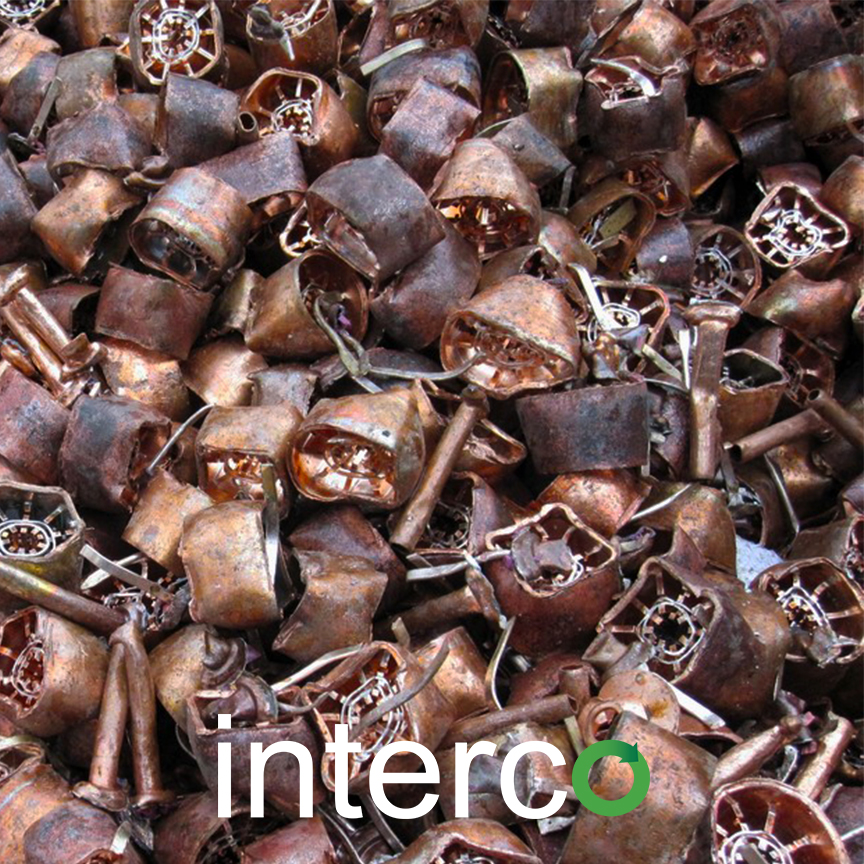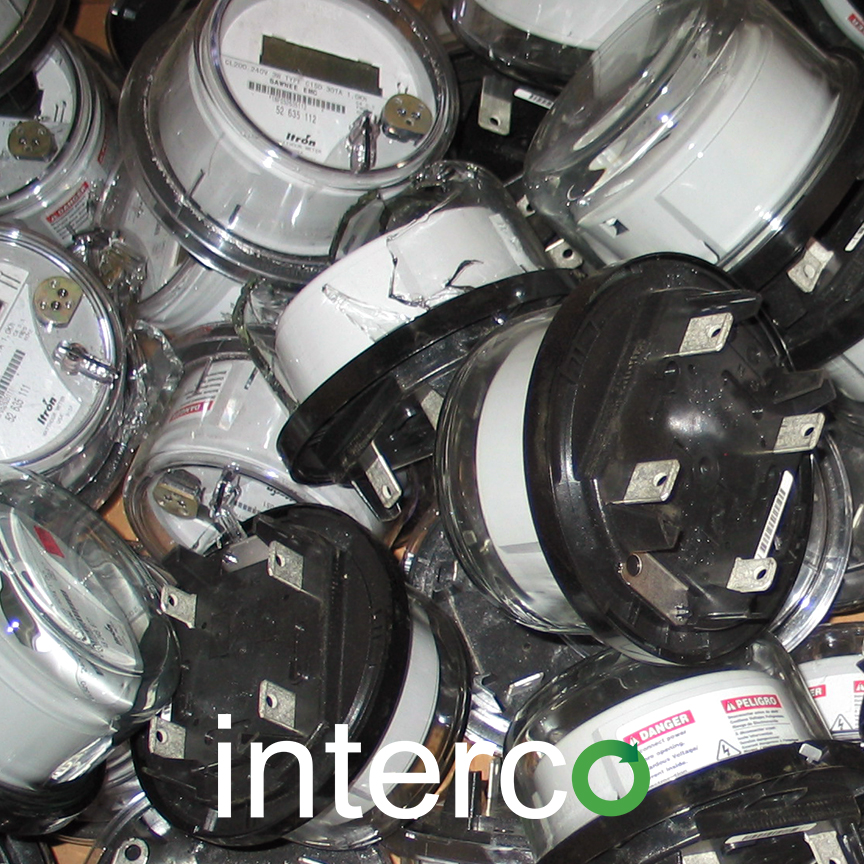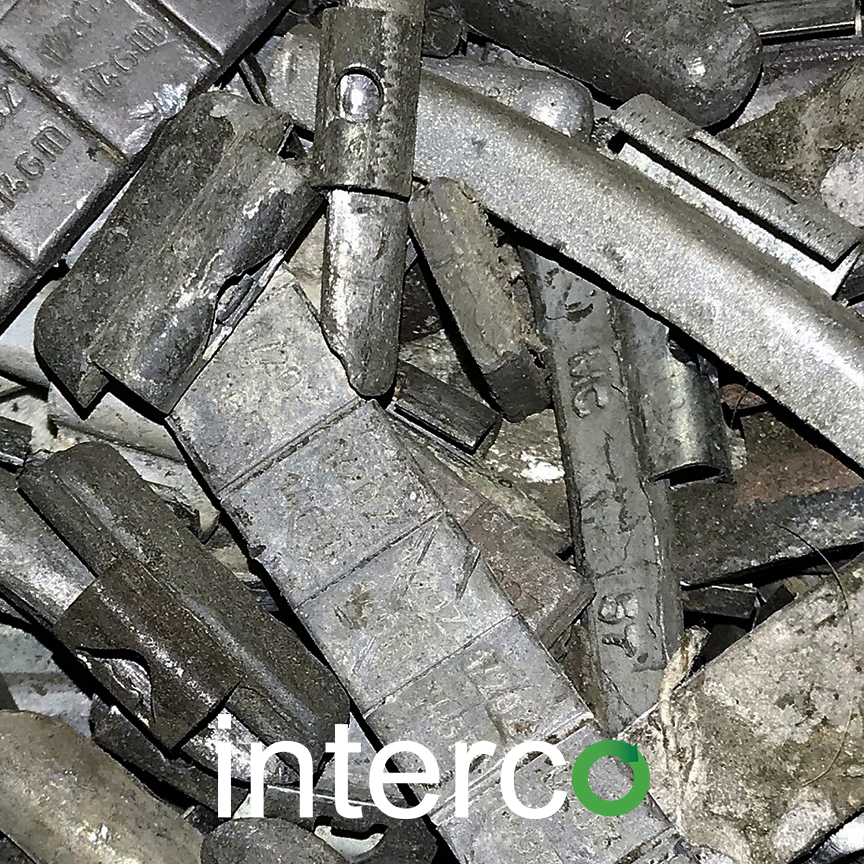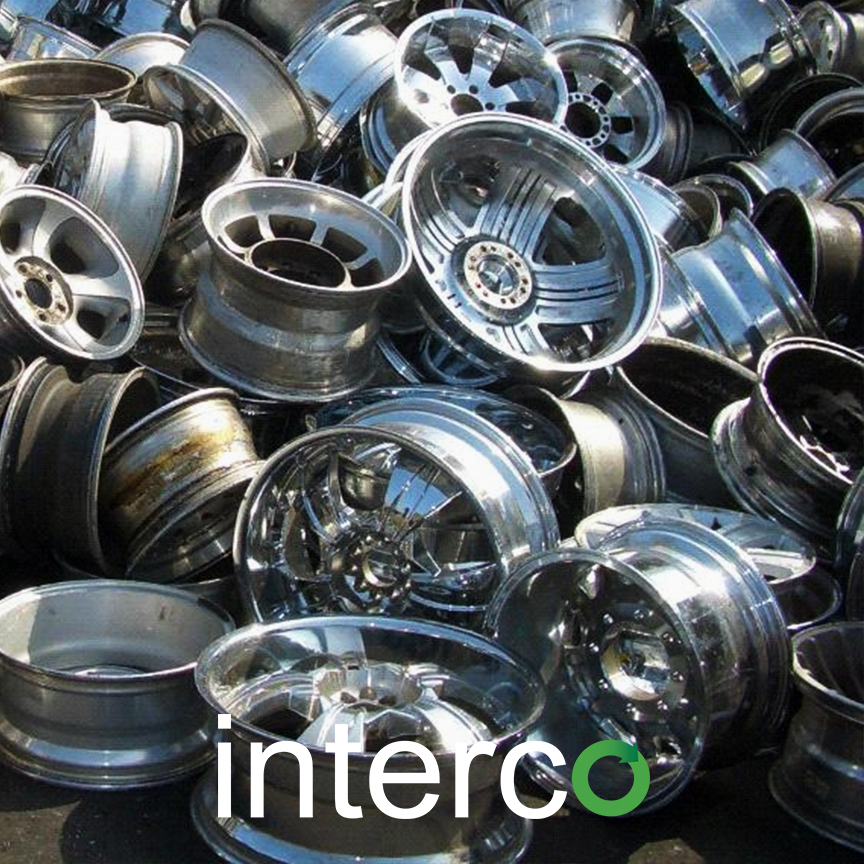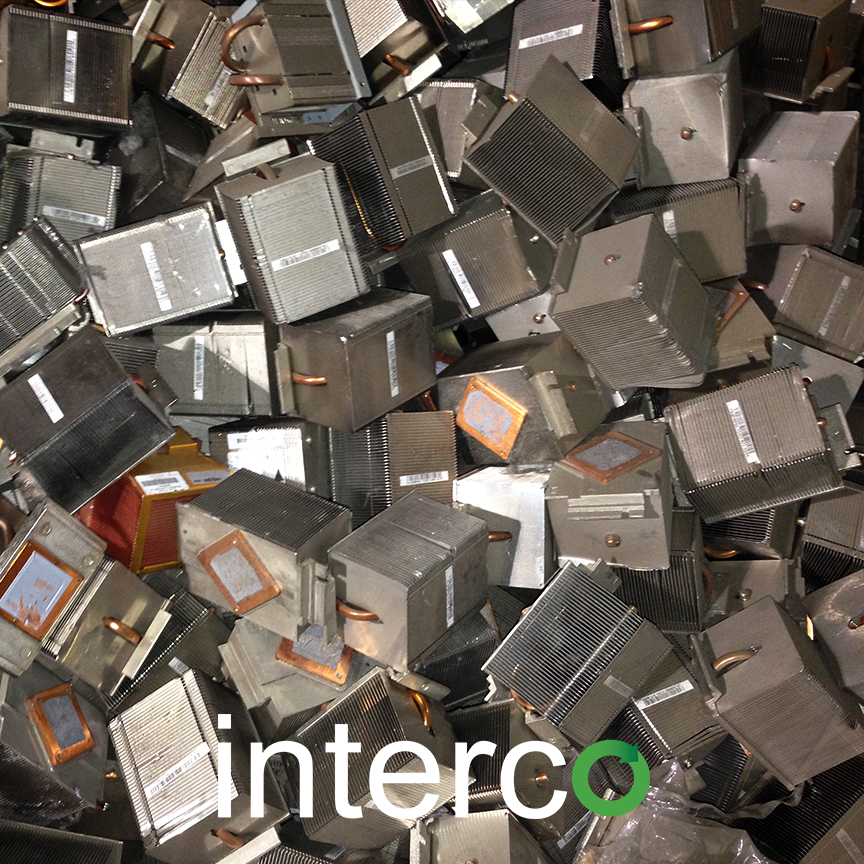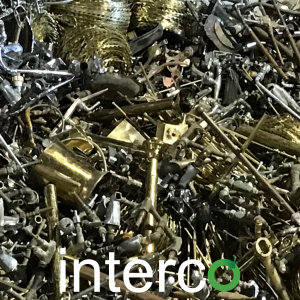
The blend of copper and zinc makes a compound known as yellow brass solids. Individuals ordinarily depict brass as an element metal, regardless of brass not having an element symbol. Yellow brass solids get their stunning shading as a result of the bigger measure of zinc instead of copper. Manufacturers can ordinarily tell when they have scrap yellow brass due to the shading, yet it is a decent idea to get an expert opinion. Yellow brass is commonplace in everyday life which makes recycling yellow brass in Arkansas essential. When looking around at ordinary items, one can find yellow brass in these spots:
- Household plumbing
- Connectors
- Radiators
- Keys
Likewise,numerous individuals utilize yellow brass solids when decorating their home as a result of the enriching element they give. Yellow brass regularly makes up numerous dishes, faucets, and even some jewelry. When producers require a material that can’t spark, they frequently use brass. Yellow brass gives a low-friction, soft, and safe material.
Scrap Yellow Brass
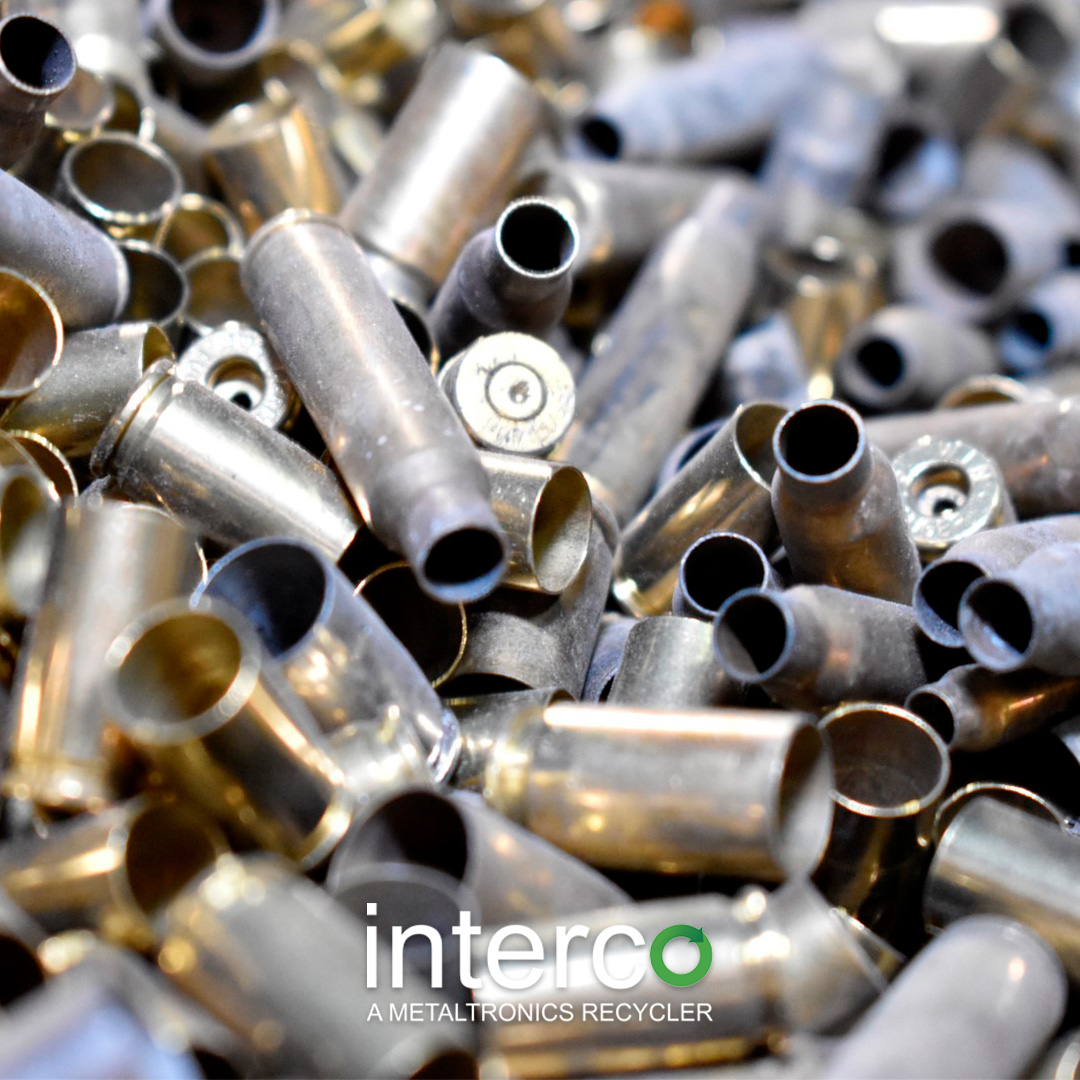
The high measure of scrap yellow brass creates an intense need for recycling yellow brass in Arkansas. Yellow brass solids assume an important job in the bronze and brass industries. Along these lines, the brass and bronze industries cause the occasionally high costs for yellow brass. Manufacturers produce yellow brass in the form of:
- Brass sheets
- Tubing rods
- Casting
The Recycling Process
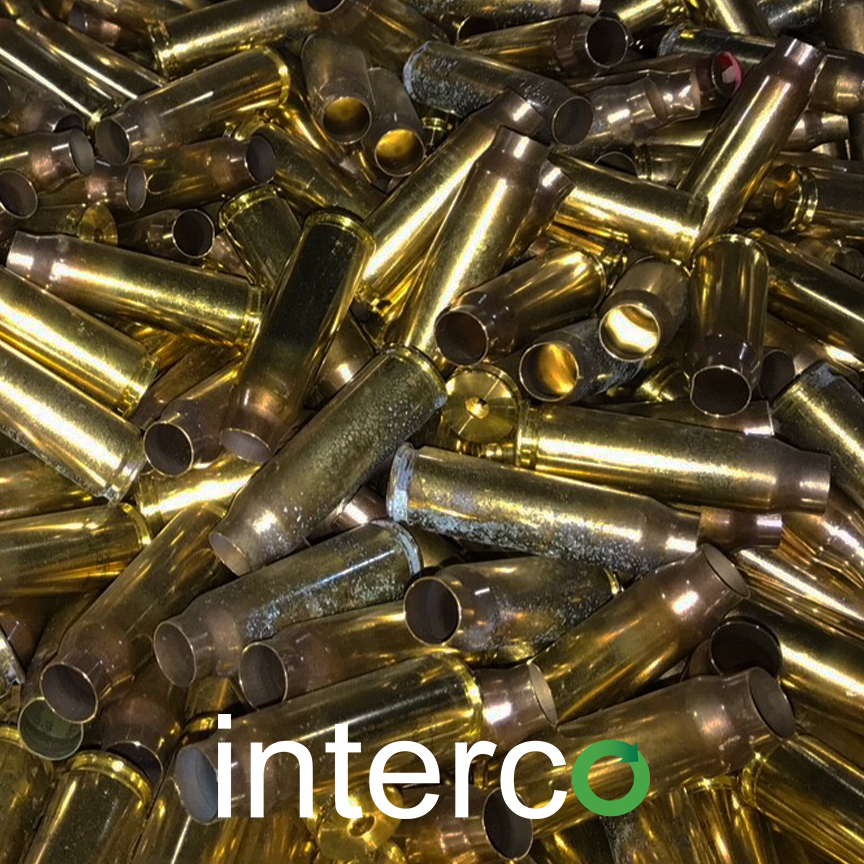
Manufacturers produce a ton of scrap, yet yellow brass ought not be discarded. Interco purchases scrap yellow brass and takes it through a recycling procedure. Today, practically 90% of brass is reused. In order to be most efficient at recycling yellow brass in Arkansas, Interco must find yellow brass that has low degrees of aluminum and manganese bronze. This sort of yellow brass can be effectively reused. Unfortunately, it tends to be very difficult to find.
It is normal for brass to have a blend of nonferrous and ferrous materials. When this happens, the two kinds of materials need to be separated. The separation procedure includes a powerful magnet that isolates the two kind of metals. The procedure for separating the different metals demonstrates to be simple since brass is nonferrous.
The way toward recycling yellow brass is particularly like the way toward recycling other non-ferrous metals. In the wake of determining the kinds of metals or competing the separation process, Interco will:
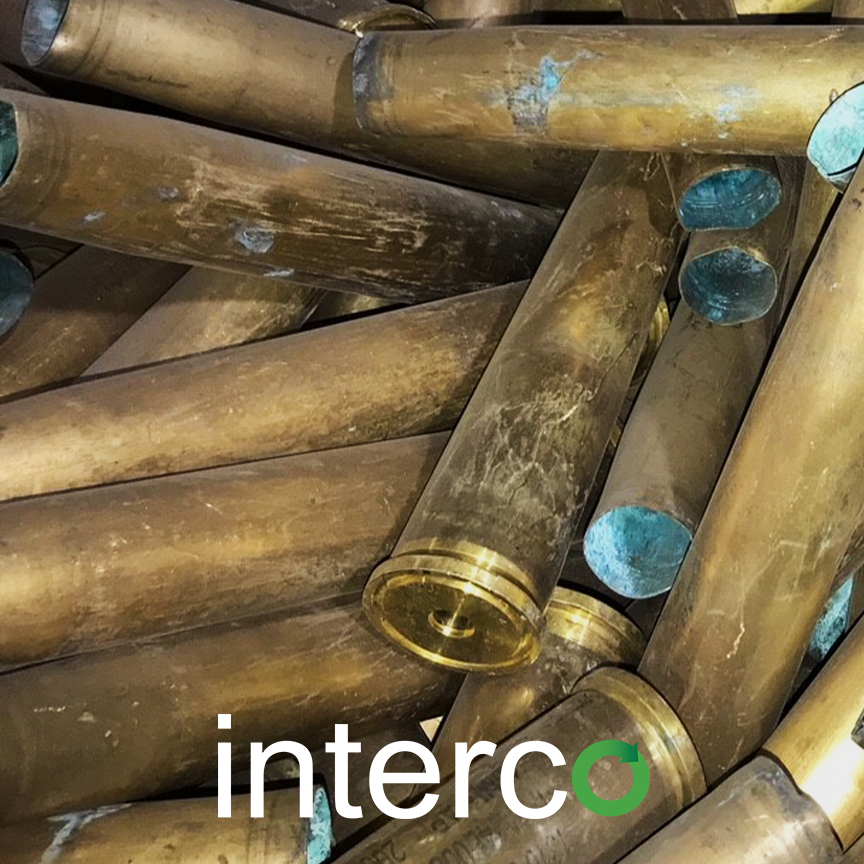
- Compact the yellow brass solids into very small pieces so they do not take up as much space
- Place the metals into a furnace that will reach very high temperatures which will cause the brass to soften
- Pour the metal into a mold for it to cool
Interco buys yellow brass from anyplace in the United States. On account of transportation costs, recycling materials that are huge spans away can cause troubles. Regardless of these troubles, Interco continues to grow and expand.
Conclusion
Yellow brass is a basic metal in day-to-day existence. Because of the elevated amounts of yellow brass, recycling yellow brass in Arkansas demonstrates to be imperative.We should continue to recycle 90% or more of all brass items. In the event that you have any inquiries regarding how to manage your scrap yellow brass, please contact Interco here.
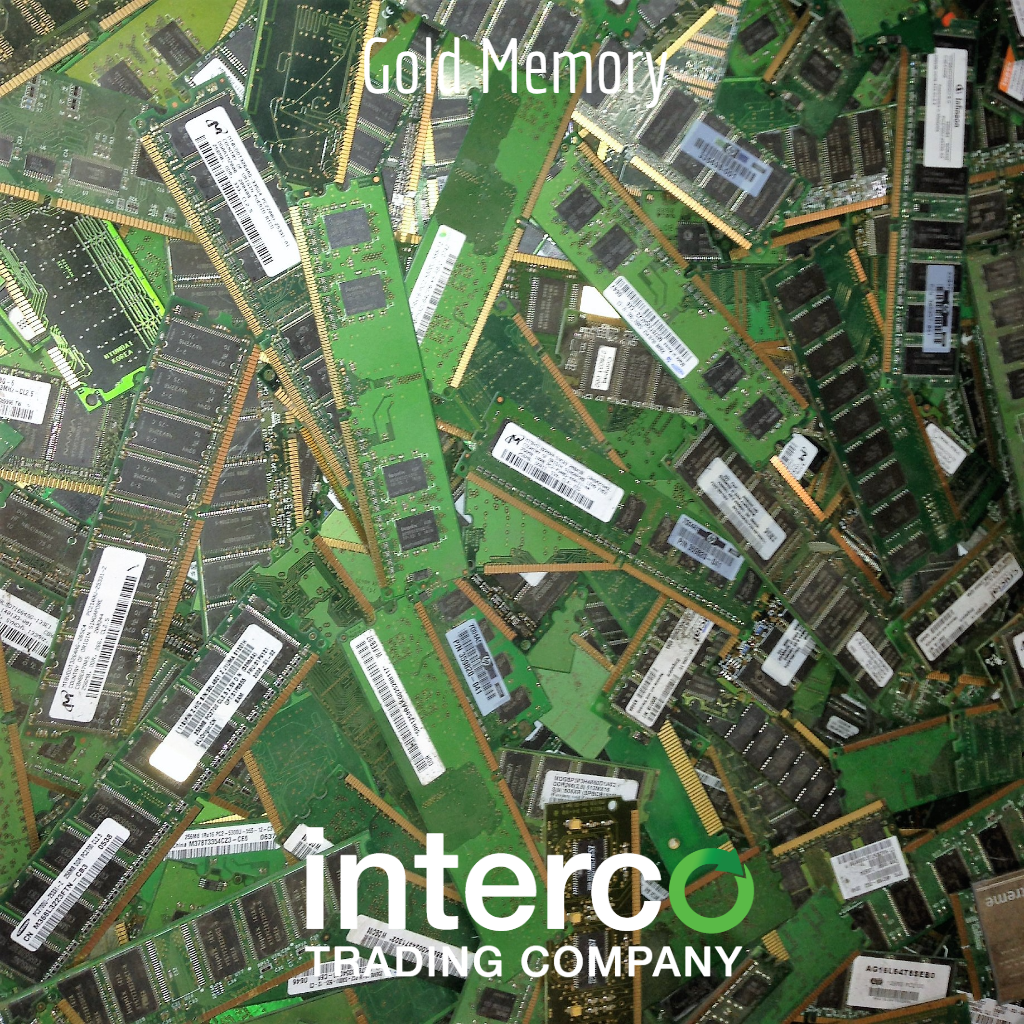
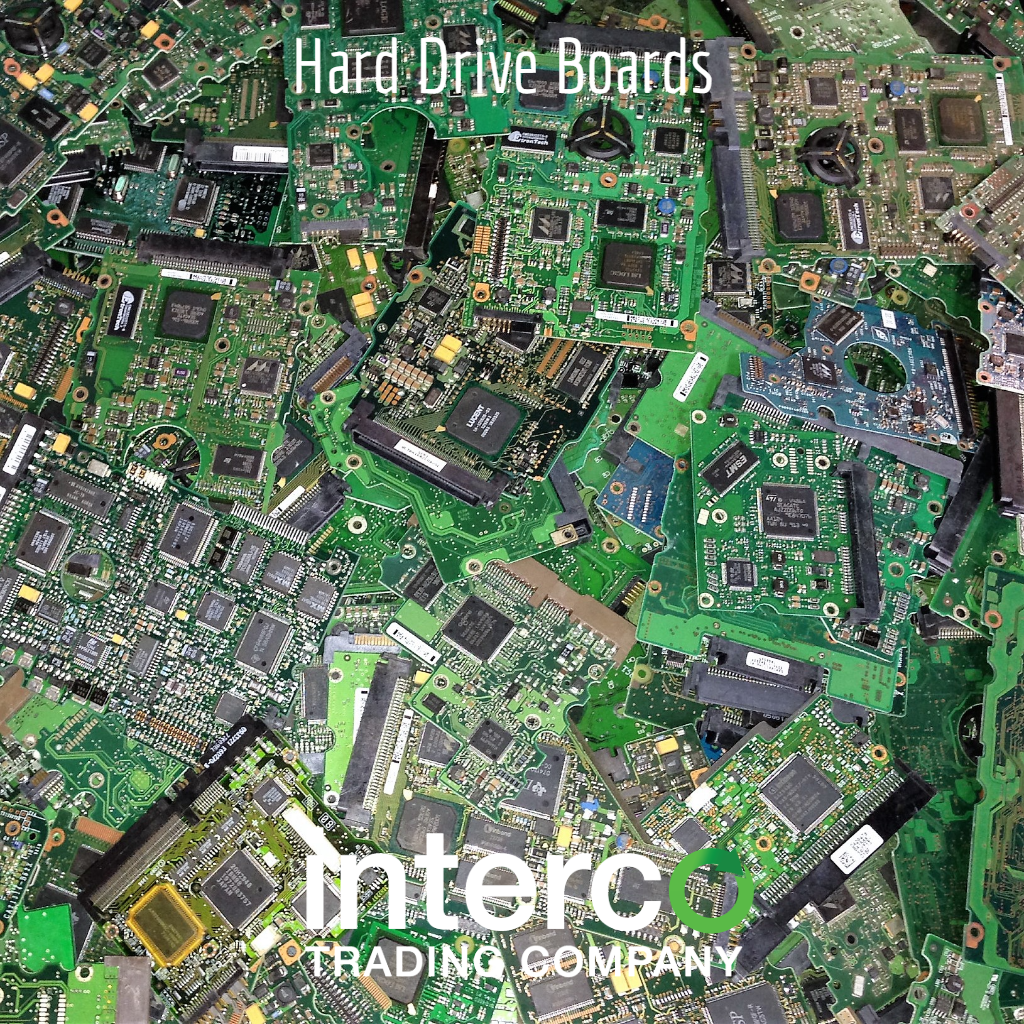
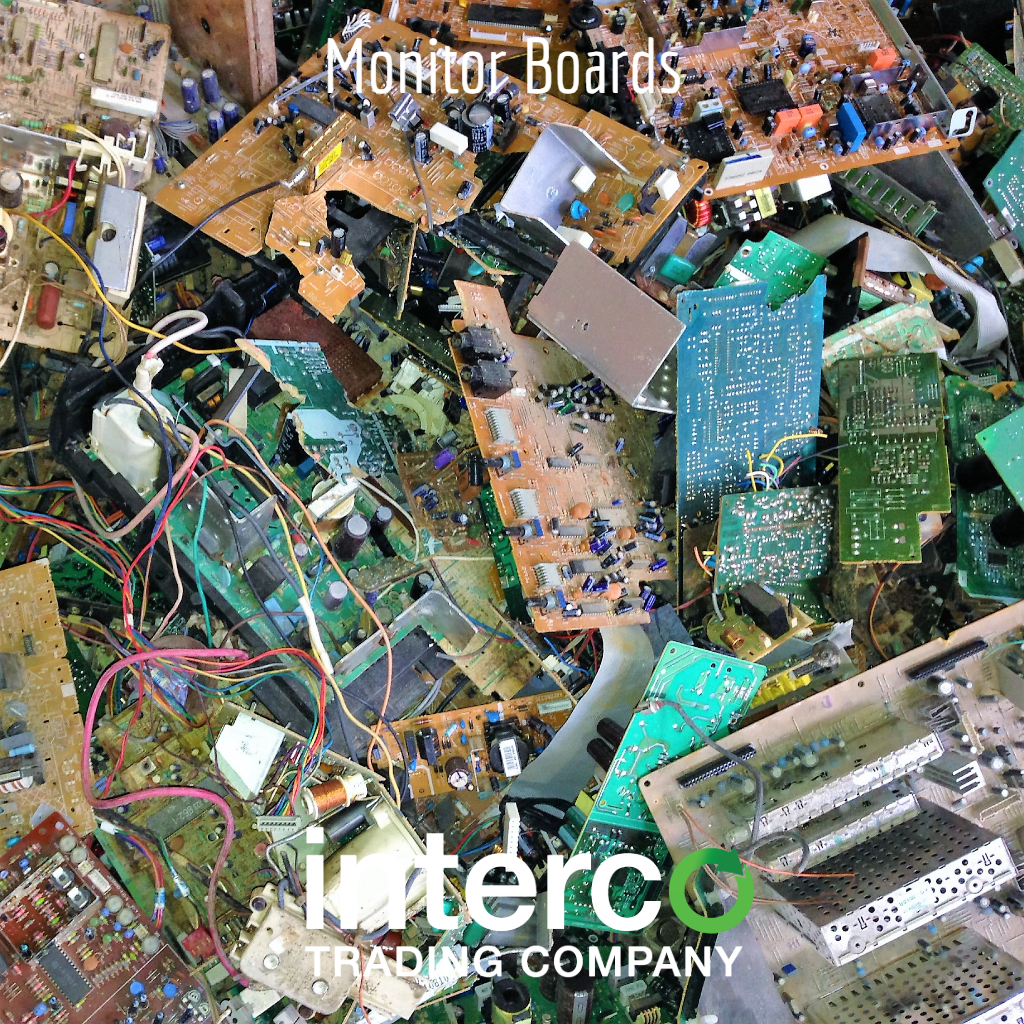
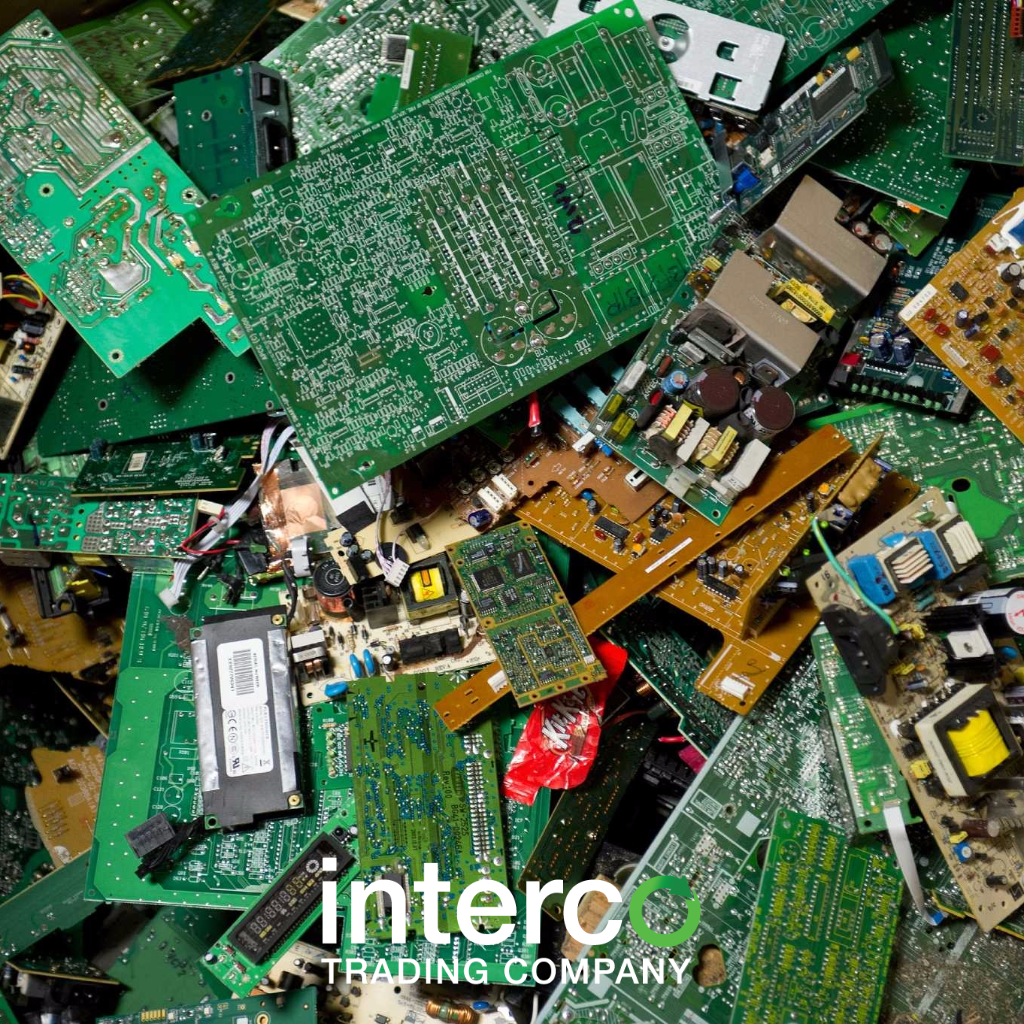
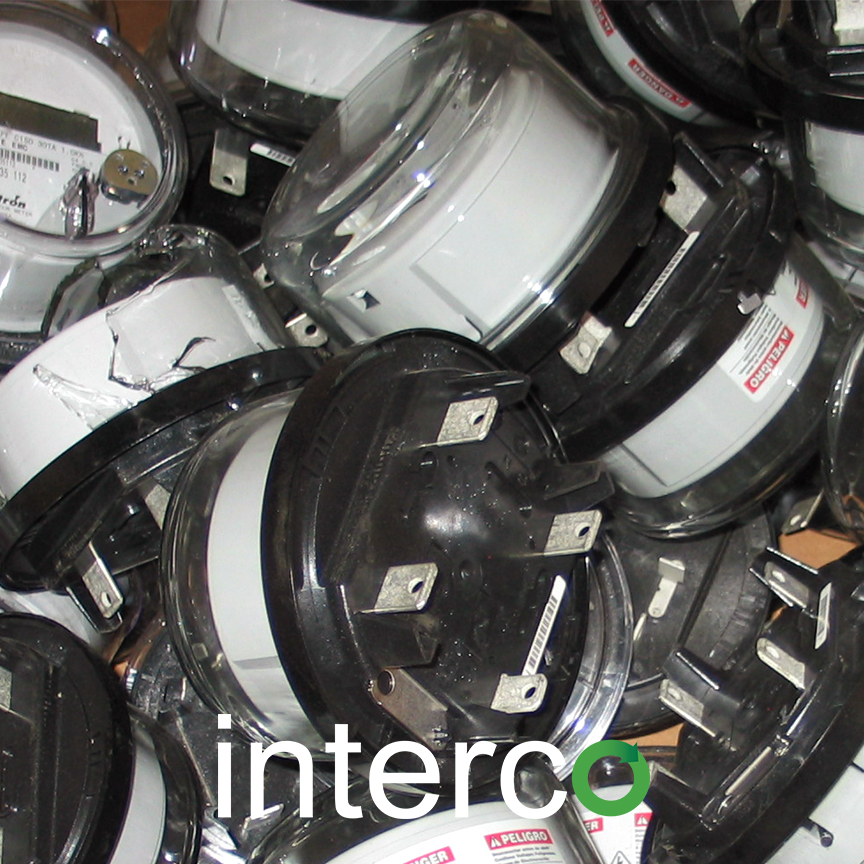
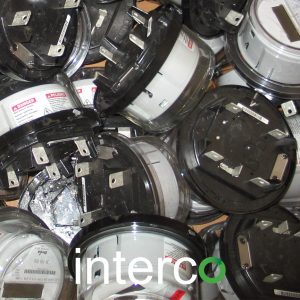
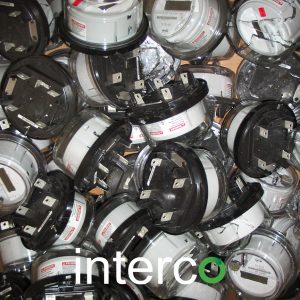

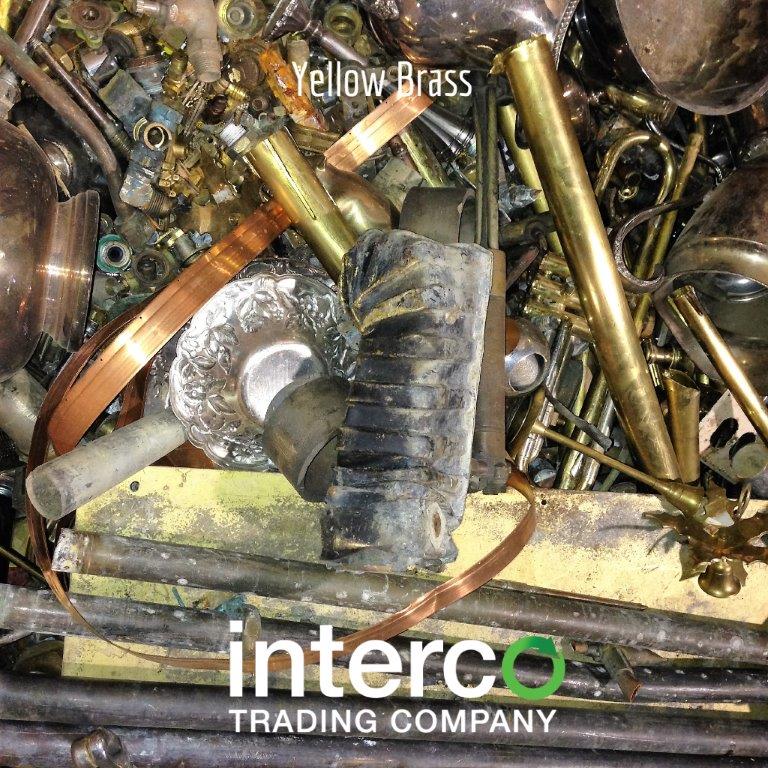
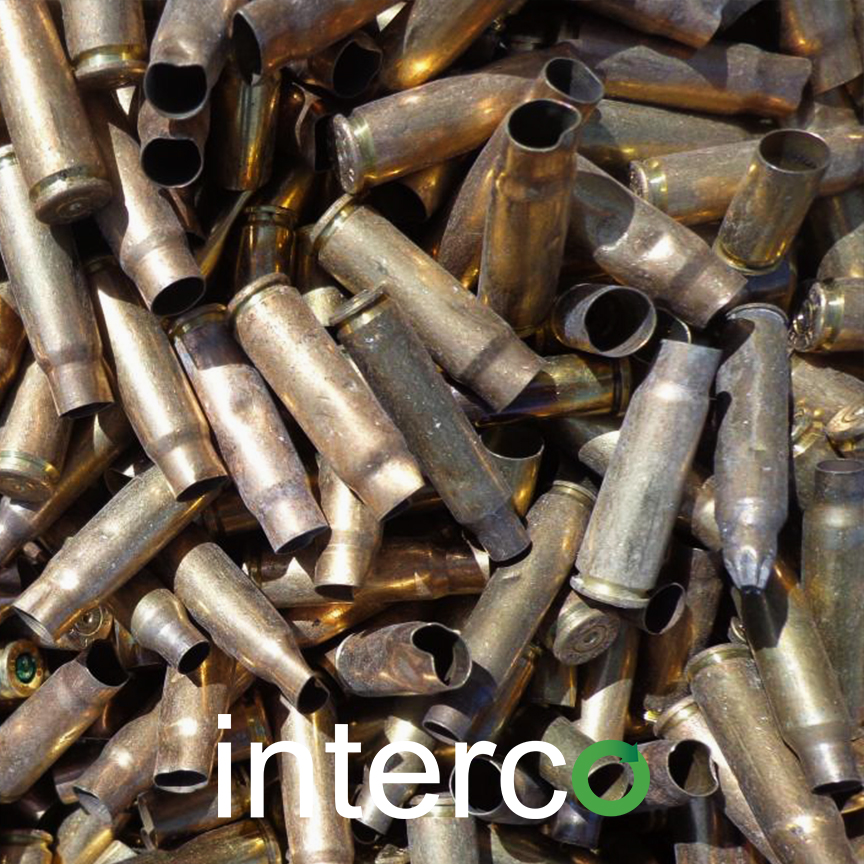
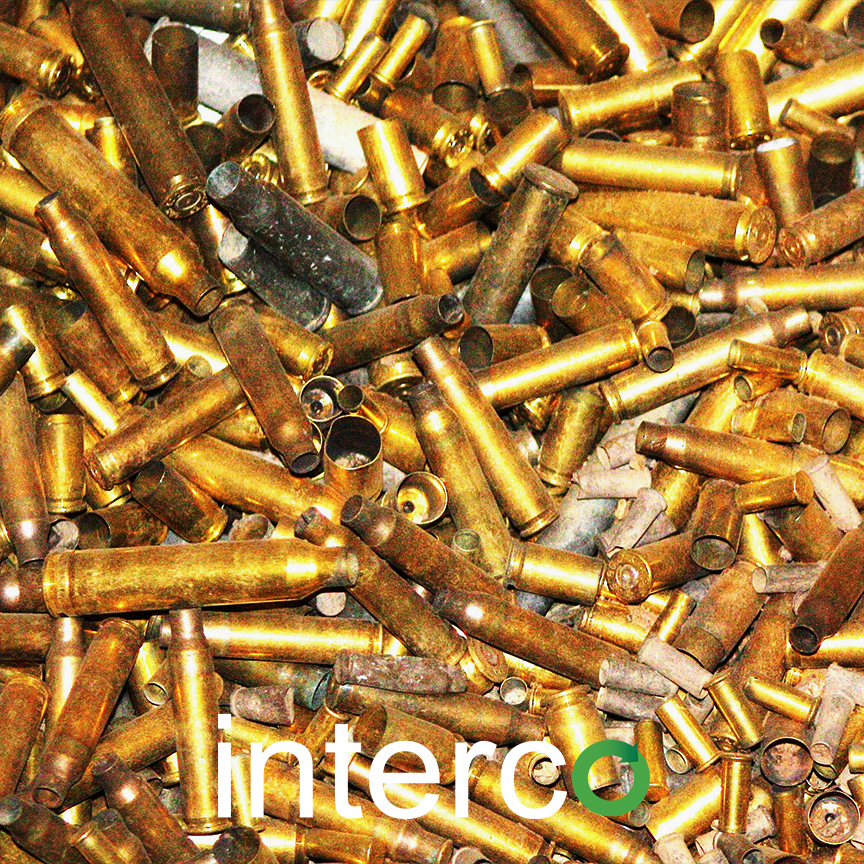
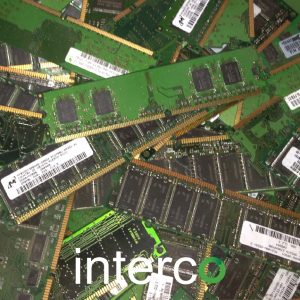
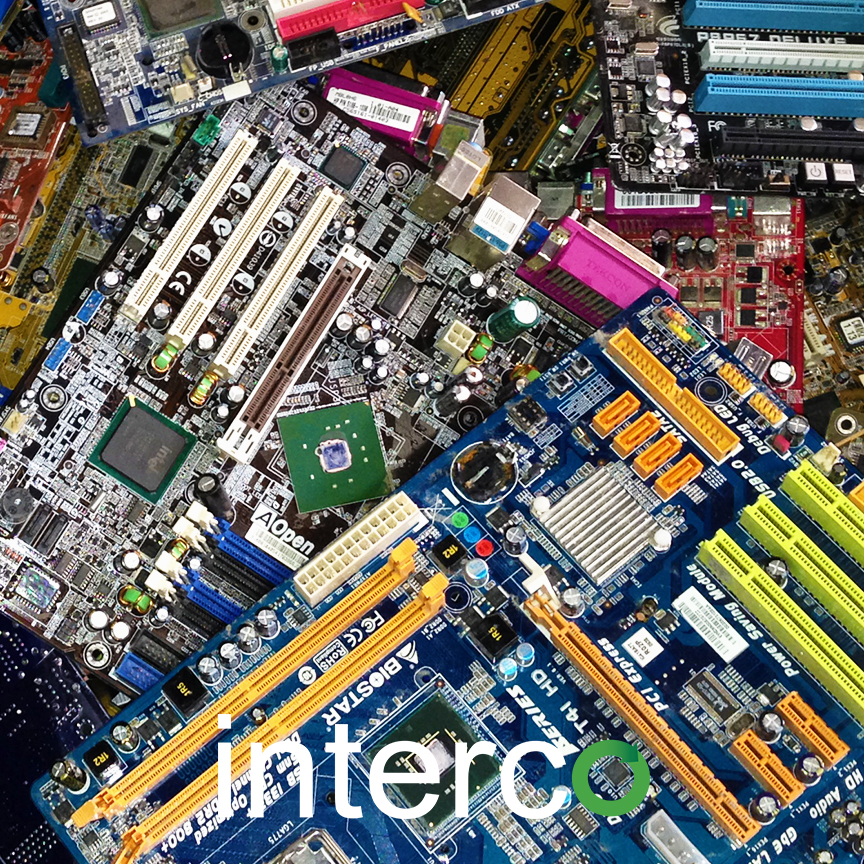
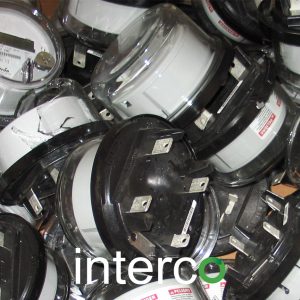 The introduction of smart meters meant meter readers never again needed to walk house-to-house. They could drive a well-equipped van through an area and collect the data transmitted directly.
The introduction of smart meters meant meter readers never again needed to walk house-to-house. They could drive a well-equipped van through an area and collect the data transmitted directly. 